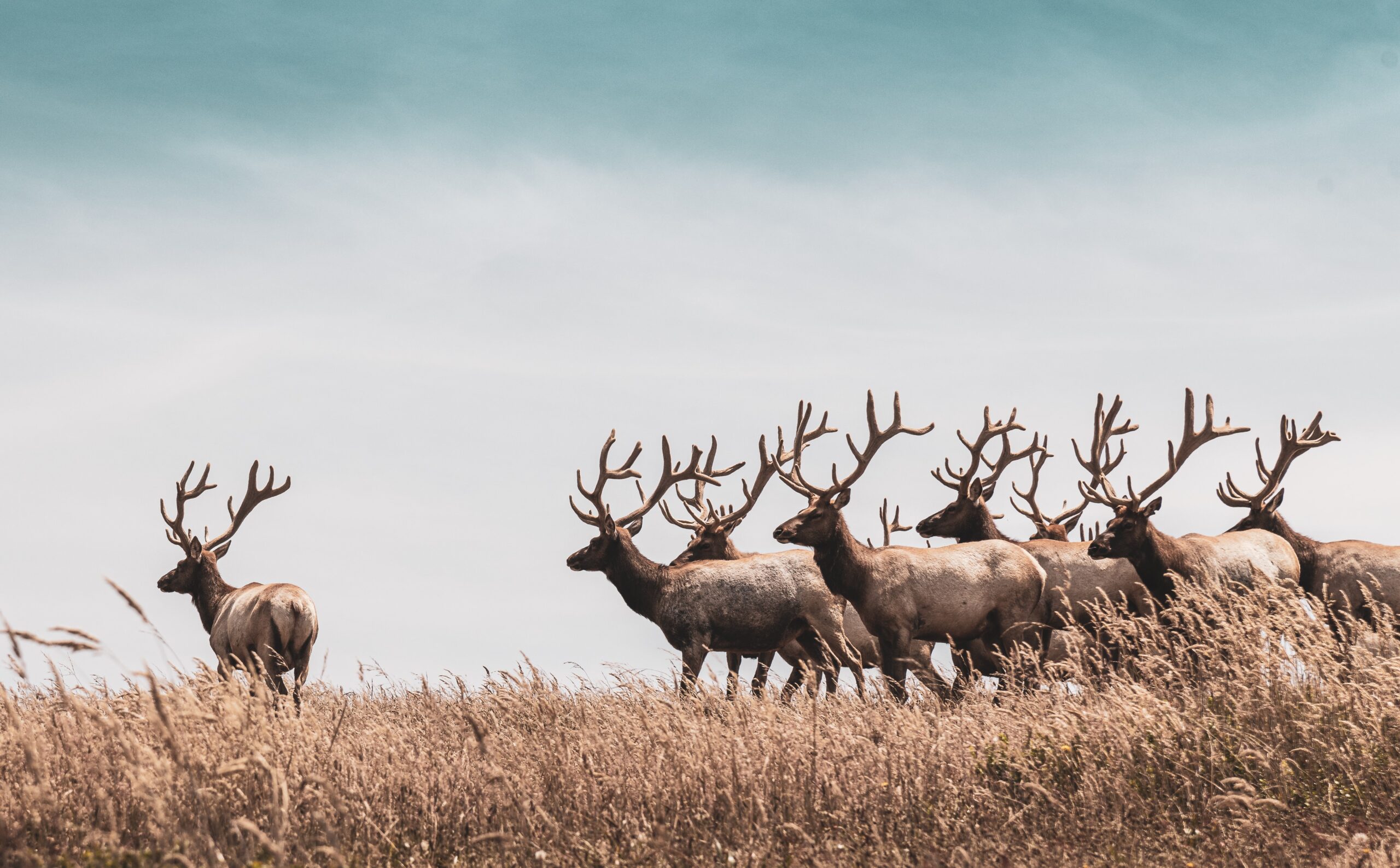
Fact Sheet
State Wildlife Commission Appointments and Governance
Overview
Most over-arching state wildlife management decisions are made by a governor-appointed wildlife commission, board, or council. However, commissions have historically been homogenous in demographic makeup and primarily representative of hunting, fishing, and agricultural interests. By improving appointment criteria to encourage people of diverse backgrounds, knowledge, and experience to join state wildlife commissions, states can improve their ability to make science-based decisions for preventing biodiversity loss while staying accountable to a variety of public values and interests.
Key Points
Key Point 1
About 75% of wildlife commission seats are occupied by people who engage in hunting, fishing, trapping, farming, or ranching, despite most states having no requirement to fill commission seats with people who engage in one of these activities.
Key Point 2
The biodiversity crisis necessitates having wildlife officials with knowledge and expertise in species conservation, yet only two states in the U.S. require wildlife commissioners to have a formal degree in wildlife biology or a related science. (Hawaii, Maryland)
Key Point 3
A 2021 NCEL analysis found that state wildlife commissions lack gender diversity. Only 16% of commissioners are women, and approximately 30% of commissions have no women.
Policy Options
Commissioner Appointment Criteria:
- Maryland HB 188 / SB 320 (2023): Requires the addition of two new members to the Wildlife Advisory Commission with expertise in wildlife science.
- New Mexico HB 184 (2023): Allocates new commission seats to an agriculture producer, a conservationist, a hunting license holder, and a wildlife scientist.
Commission Mandate and Role:
- lllinois S.B. 3908 (2022): Amends the board’s mandate to include biodiversity protection and promotion of a conservation-literate population.
- Colorado 33-1-101: Includes in the commission’s mission the need to provide “education and inspire current and future generations to serve as active stewards of Colorado’s natural resources.”
Commission Transparency and Accountability:
- Washington SB 5178 (2023): Appropriates $300,000 for review of the governance structure related to trustee duties.
- Colorado SB 26 (2024): Requires voting members of the commission to hold at least two public meetings per year in their geographic districts.

Empower State Environmental Champions
Your donation funds the fight for equitable actions that protect the environment and our health.
Donate